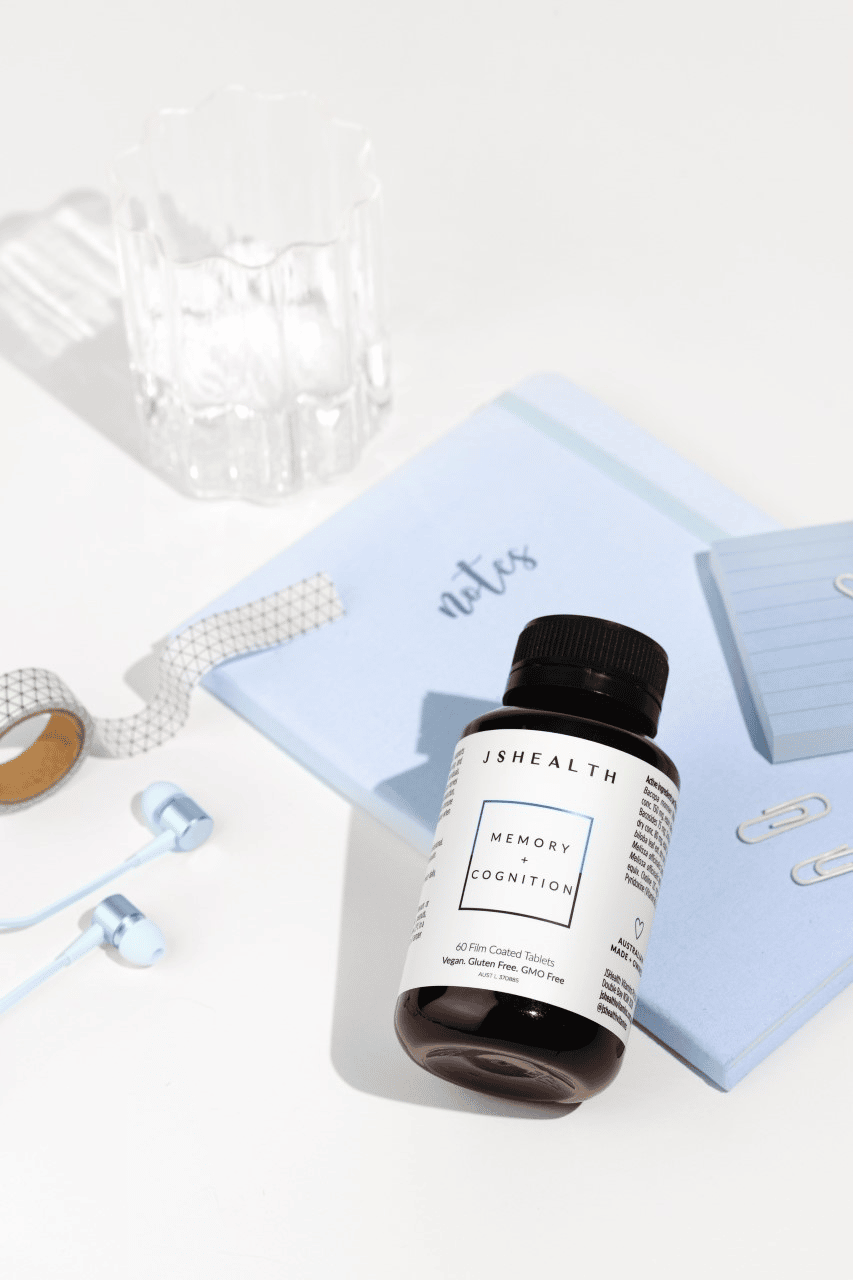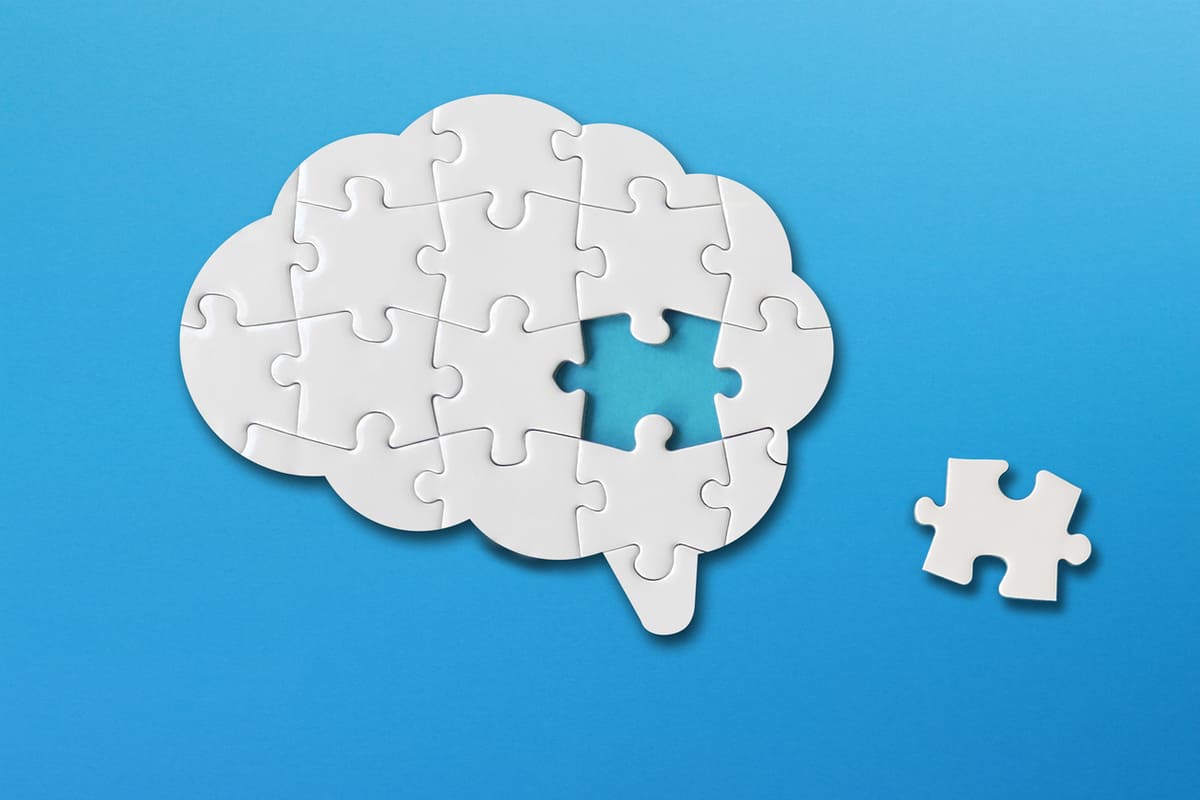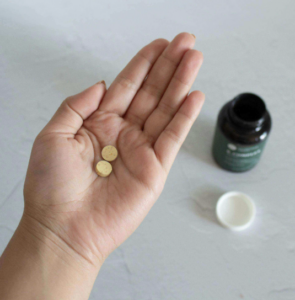It’s frustrating when you forget to do something or can’t remember where you left your keys, and it’s even more frustrating when it feels like it happens more often. Unfortunately, one of the side effects of getting older is becoming a bit less sharp than we were when we were younger. Perhaps it’s because we have so much more information stored away in our brains—facts, memories, and interesting tidbits that we picked up along life’s journey. Still, we all want to boost our memory, but we are not always sure how to do it. Memory loss is often noticed in older adults and is something we definitely want to avoid ourselves. Fortunately, we now know what it takes to retain and boost our memory.
Memory is a brain function, so whatever allows our brain to function better will also help us find the car keys or put a name to that half-familiar face. And while we might work out physically each day—going for a walk or playing a round of golf—we also need to take measures to keep our brains in peak shape. Coincidentally, the following 7 steps we can take to make our brains and memories work better are largely the same ones that keep us physically healthy and looking good.
1. Improve Your Diet

Eating more vegetables and fruit and less sugar and refined carbohydrates helps your brain function better and keeps your memory sharper. A side benefit is that it’s great for your waistline, too!
There are also supplements that you can add to your daily routine that are packed full of brain-boosting ingredients that have been shown to help with brain health. Our top choice is JSHealth’s Memory + Cognition. It contains Brahmi, which supports brain and mental function while helping to maintain learning, information processing, and mental recall in elderly individuals. One ingredient, Lemon Balm, decreases symptoms of mild anxiety and calms nerves and the mind.

2. Get Enough sleep

When we aren’t well rested, our memories, moods, and many of our bodily functions begin to deteriorate. We need those 7 or 8 hours of sleep each night, and if you find you’re not getting it, you’ll start to notice – fast. A regular bedtime and cutting down the screen time before bed will help. Resting before we get too tired will also help.
3. Reduce Your Alcohol

A glass of wine or a cocktail won’t hurt you, but we have all seen what excess alcohol can do to mental behaviors in both the short and the long run – and it does not have to go as far as not remembering what you did last night. As with other things, a little moderation goes a long way.
4. Meditate

What happens in our minds when we can’t remember something like where we left our purse? Panic and pandemonium are not uncommon, and our head fills with a string of unprintable words as we flap about, often looking in the same places over and over.
This is the exact opposite of the mindfulness that results from meditation. A mind calmed by sitting quietly on a regular basis deals with a lost purse by quietly thinking of where we saw it last and what has happened since then, most often leading to its recovery. Instead of panic and worry, the emotions involved become relief and happiness.
5. Exercise Your Body

Keeping physically active will not only help boost our memory in the short run; there is also increasing evidence that more movement improves the odds of avoiding mental disorders like dementia.
Exercise, like a more plant-based diet, reduces inflammation, which helps your memory, your brain, and your overall well-being. In the long run, more exercise can make you sharper and more with it as you age. In the short run, a gentle walk can help you recall what you wanted to tell someone in your next text to them.
6. Exercise Your Mind

‘Use it or lose it’ applies to memory and mental functions as well as physical ones. We can exercise our brains using computer games and challenges or good old-fashioned crosswords and Sudoku. People who keep socially active (even when limited to the virtual) have sharper mental functions and memories than those who are more socially isolated.
Any activity that feels difficult is exercising our brain, expanding our memory, and creating new neural pathways. This could involve learning a new language, a new musical instrument, or a new computer system. It could be taking up a new sport or using your less dominant hand for ordinary tasks like eating.
7. The Best Memory

Okay, this is a bit of a cheat. I learned it from a remembered and admired school teacher when I was ten years old. He said, “The best memory is the worst pencil.” If you are worried about whether you will remember something, write it down. You do not have to just rely on your memory alone, and you shouldn’t be afraid to use backup systems.
That memory seems like a lifetime ago, and we rarely use pencils anymore. Still, we can note things in other ways, such as reminders in our electronic calendars or on our phones. Using the resources around you to keep your brain in peak shape will pay off in both the short- and long run, and you won’t regret putting in a little extra effort now for the benefits later.
Read Next:
What Running ACTUALLY Does To Our Brains
Yoga for Brain Health: Could Yoga Poses Now Prevent Dementia Later?







